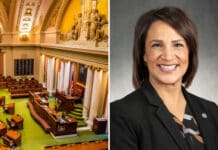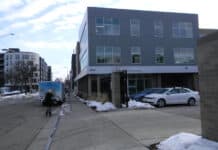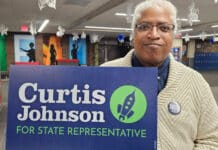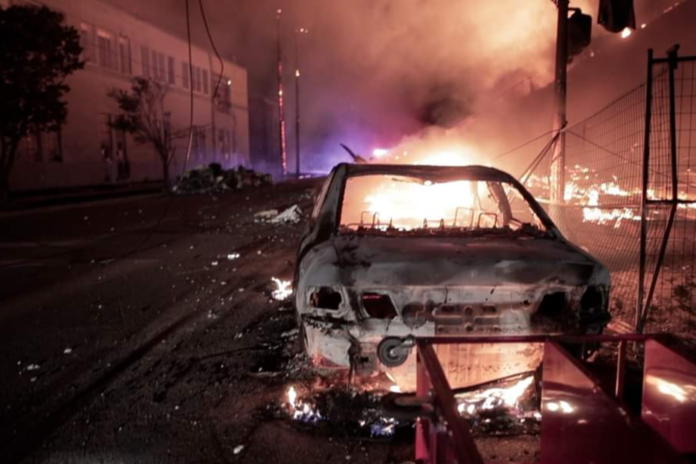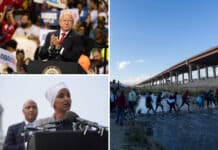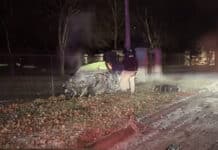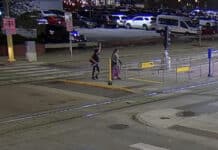“We have never seen anything like this.”
“I’m scared to even drive after dark.”
“I don’t feel safe walking around my neighborhood.”
“Everybody feels the same way. We all want to move.”
That’s just some of the feedback the Minneapolis City Council received during an Oct. 8 meeting of the Public Health and Safety Committee.
More than 60 residents signed up to speak their minds at the two-hour virtual meeting, grilling council members on their “irresponsible rhetoric” and failure to adequately staff the Minneapolis Police Department.
“We should all know as adults that words such as ‘defund,’ ‘dismantle,’ and ‘abolish’ have severe consequences. We are a city in crisis and need action now,” said one resident who lives in the Loring Park neighborhood.
“We are putting citizens and officers at risk working with a demoralized and burned out patrol staff that is down to 450 for a city of 437,000,” she added.
Another resident wondered if council members were still receiving private security while “the constituency are generally afraid.”
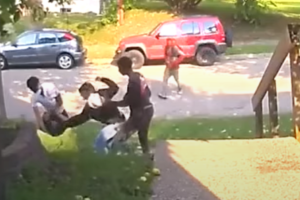
“I will just say due to the nature of public hearings and public comment periods like this that we as a council, we’re receiving the comments so it’s not necessarily a back-and-forth but I do recommend you contact your council member to be able to engage more thoroughly in that dialogue,” replied Council Member Phillipe Cunningham, chair of the committee.
Several speakers wanted answers on whether or not the Minneapolis Police Department is currently staffed in accordance with the City Charter, which requires roughly three officers per every 5,000 residents.
A lawsuit filed in August claimed that at least 80 officers had retired or quit while another 111 were on some type of medical leave, including 40 officers who submitted PTSD claims. Minneapolis Mayor Jacob Frey has said that he expects at least 100 officers to leave by the end of the year.
Cunningham was one of nine council members who announced their intent to “dismantle” and “defund” the police force just days after George Floyd died while in the custody of Minneapolis police. They have since walked back their plan to pursue police abolition, admitting that it caused confusion among residents, according to a recent New York Times article on the topic.
But some residents think the council’s rhetoric was enough to embolden criminals throughout the city.
“Through ongoing irresponsible rhetoric, City Council members, you have endangered us, our homes and our businesses. Brazen criminals now lurk in broad daylight knowing that the City Council, the city’s own leadership, through its anti-law enforcement and anti-safety rhetoric, is giving them opportunities to terrorize the community with more ease than at any time before,” an immigrant who has lived in Minneapolis for 16 years told the council last week.
Like many others who spoke at Thursday’s meeting, he said gunshots have become a “nightly occurrence” in a city that now has 66 homicides on the year — compared to 48 in all of 2019.
“You guys have had years to address any cultural problems within the Minneapolis Police Department. You have failed to do so. Instead, you embark on a campaign against your own police department, fighting and demonizing an entire internal city organization. The City Council has failed me, it has failed my neighbors, it has failed the city,” he continued. “Shame on you.”
Minneapolis resident Bill Rodriguez encouraged the City Council to consider his “Operation Safety Now” plan, a proposal supported by several other speakers. Rodriguez said the plan calls for a 60-day “surge of uniformed law enforcement to back up our depleted police” and a “communications campaign” to keep residents informed.
“Crime is rampant with no end in sight and we’ve never felt less safe. Meanwhile, there’s no leadership, no communication, not enough cops on the street, and now the chief says that some 911 calls may soon go unattended, leaving us to fend for ourselves. This is crazy. You folks need to spend less time tearing down the police, which is making things worse, and more time working together on the number one issue: our safety. A greater sense of urgency is needed before this crisis spirals out of control,” said Rodriguez.
“If we don’t act soon, here’s what’s going to happen: you’ll be presiding over the biggest exodus of businesses and families that this town has ever seen just as some of you are running for reelection next year,” he added.
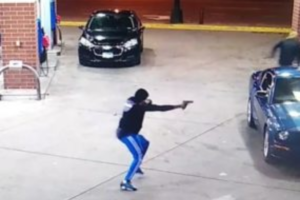
Several of his fellow residents said they are either planning to leave the city or have neighbors who are leaving.
“I can tell you that recently I’ve been scared to walk alone by myself, I’m scared to run, I’m scared to even drive after dark. Everybody around me is moving out, which is hard to deal with,” said one resident.
“What can I do about this situation? I thought about three things I can do. First, I can move out of the city. With all the for-sale signs in my neighborhood, I’m not the only person who thinks Minneapolis is no longer safe,” said another resident, who told the council members that she holds them “personally responsible for every murder, shooting, break-in and any criminal act that has happened this summer.”
One woman and her husband are recovering from concussions after they were assaulted near Target Field by a man with a pipe.
“We are in the process of looking for places outside the Minneapolis area,” she said. “We even have friends now who refuse to come down and visit us because they are afraid for themselves. I’m afraid to drive to work and I’m afraid to leave my home.”
At least two of the residents who addressed the committee said they have found bullet rounds in their homes.
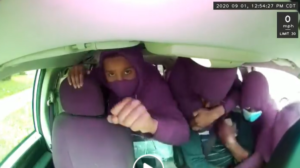
According to the Minneapolis Police Department’s crime dashboard, the city has experienced 4,171 violent crimes this year — up from 3,452 in 2019 — and 15,562 property crimes.
As far as solutions go, residents said they’ve heard a lot from the council about “community engagement.” The Public Health and Safety Committee approved a resolution Thursday to hire additional employees for “community safety engagement efforts.”
“I hear the word engagement and I don’t even know what that means because how can you engage a community that’s afraid to go out at night?” said one resident. “Not because of the pandemic but because of crime.”


